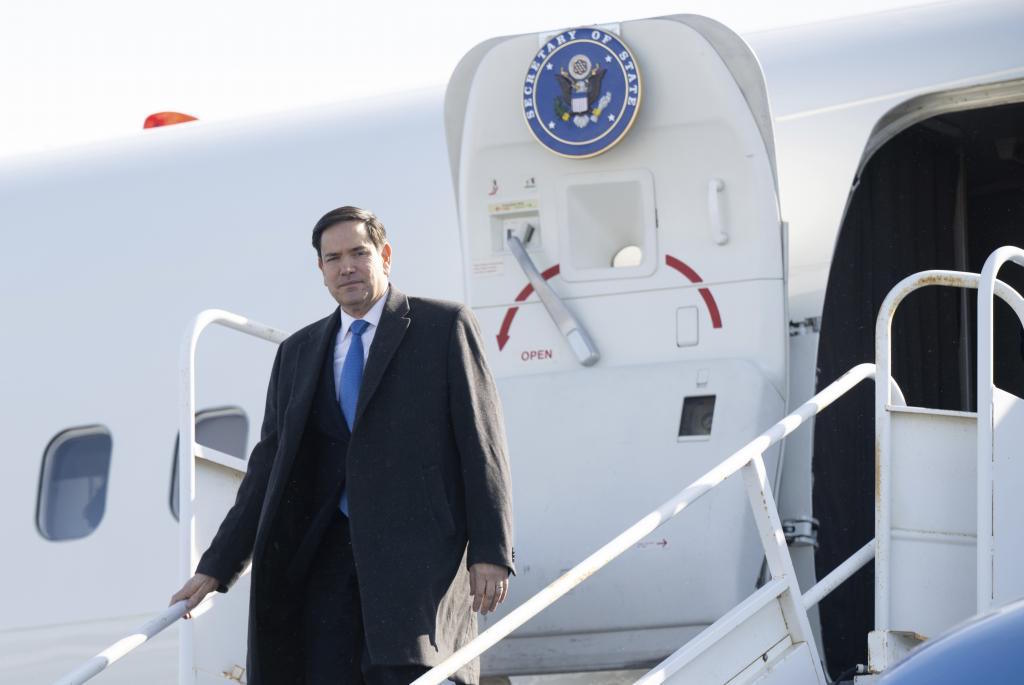Sometimes peace negotiations are as lengthy as the war itself and are preceded by the bloodiest battles. The talks to end the Vietnam War lasted four years, two years for Korea (never officially ended), three years for the Balkans, and another three years for the latest Afghanistan war. The process is complex and filled with setbacks. When finally signed, it is then necessary to enforce it on the ground and ensure everyone fulfills their part of the deal, something that is never achieved 100%.
The negotiations between Ukraine and Russia, pushed by Donald Trump, are in their early stages and face enormous difficulties even before discussing specific issues. The Trump Administration has sided with Russia, not demanding anything yet, with Russia's starting point (territorial concessions) already incorporated into the negotiation table as an irrefutable fait accompli. Conversely, with Ukraine, we have already witnessed Volodymyr Zelensky's humiliating trap in the White House and continuous statements where it is Kiev that does not want to negotiate (no one desires peace more than the Ukrainians) while Putin fervently desires it.
The reality is that the Russian autocrat could have achieved peace at any time during these over three years of war by simply withdrawing his troops from Ukraine. He never did, of course, because Putin does not aspire to peace but to victory. However, as Jonathan Chait states in The Atlantic, Trump's rhetoric has already identified the good guy with Putin and the bad guy with Zelensky, so every person who dies in this conflict is, according to that rhetoric, the responsibility of the bad guy. Trump has held a grudge against Zelensky since he refused to provide information about Biden's son's activities in Ukraine in 2019.
Faced with this position, and despite Marco Rubio's efforts to balance the scales ("Both Ukraine and Russia will have to make difficult decisions," he said on Monday), the reality is that the playing field is much more favorable for the Russians, especially considering that Putin's demands not only affect Ukraine but all of Europe.
All these Russian demands, which were presented in an unmanageable ultimatum just before invading Ukraine, are the same ones they plan to negotiate now, with Trump on their side. Moscow has made it clear that they will only negotiate on these points: NATO must withdraw its troops and armaments deployed in Eastern European countries that joined the Alliance after 1997, such as Poland, Romania, and the Baltic States. Additionally, Russia demands that the US and NATO commit to not deploying intermediate-range missiles or offensive systems near its borders. Russia insists that Ukraine and the international community recognize the annexation of Crimea (and now the rest of occupied Ukraine) as legitimate and part of its territory. Ukrainian neutrality and disarmament of its army. In January 2022, complying with that ultimatum was as unthinkable as it is today, but now with Donald Trump in the picture, everything that was once impossible could be on the table tomorrow.
If Putin follows this roadmap, this negotiation table will face three possibilities: 1.- An inevitable clash between the US and Europe over these Russian demands, unthinkable for Eastern European countries. 2.- A direct confrontation between Putin and Trump (something that seems very distant) by rejecting a peace force composed of European countries that could convince Trump but that Moscow outright rejects. 3.- The final derailment of the negotiations as Ukraine refuses a de facto surrender, leading to the continuation of the war until one of the two sides exhausts. Kaja Kallas, the EU's high representative, defined the Russian negotiation tactic in these meetings: "Don't ask. Demand something that has never belonged to you. Threaten. There will always be people in the West who get scared and offer you something."
Max M. Kampelman, who already negotiated Washington's arms treaties with Moscow, wrote that, "when dealing with Soviet negotiators, it is crucial to be willing to stay at the negotiating table one day longer than they would have been willing to stay." According to Henry Kissinger, one of the most influential figures in 20th-century diplomacy and geopolitics, the Russians aim to "project strength rather than seek balanced compromises from the start." Additionally, "they rarely make concessions out of goodwill, but only yield when faced with firm resistance." "Russian negotiators often prolong talks to wear down the counterpart and force concessions over time," explained Kissinger. "Deadlines and time pressure favor the Russians."
This will be a long process. Trump is in a hurry, but Putin is not.
